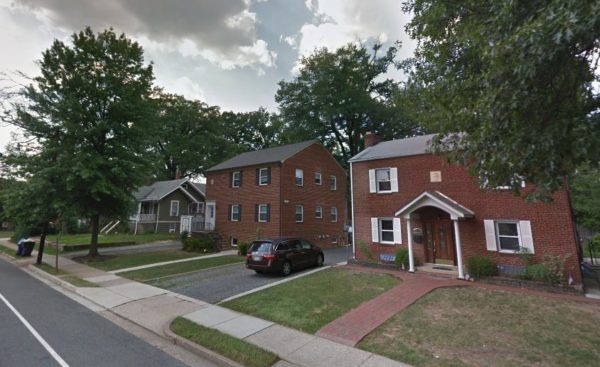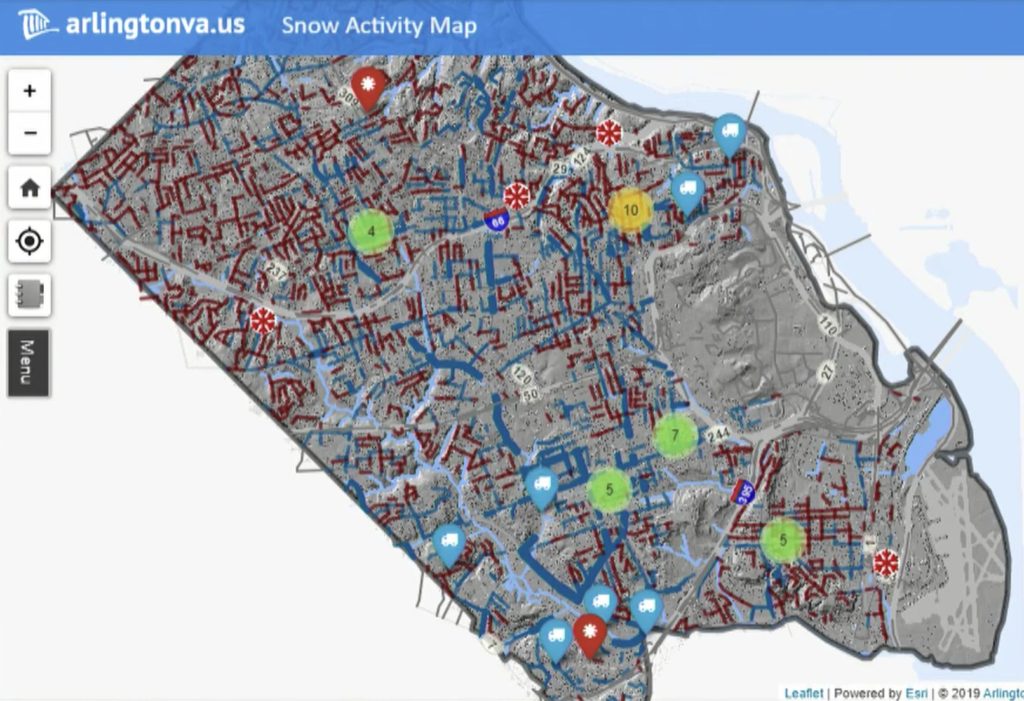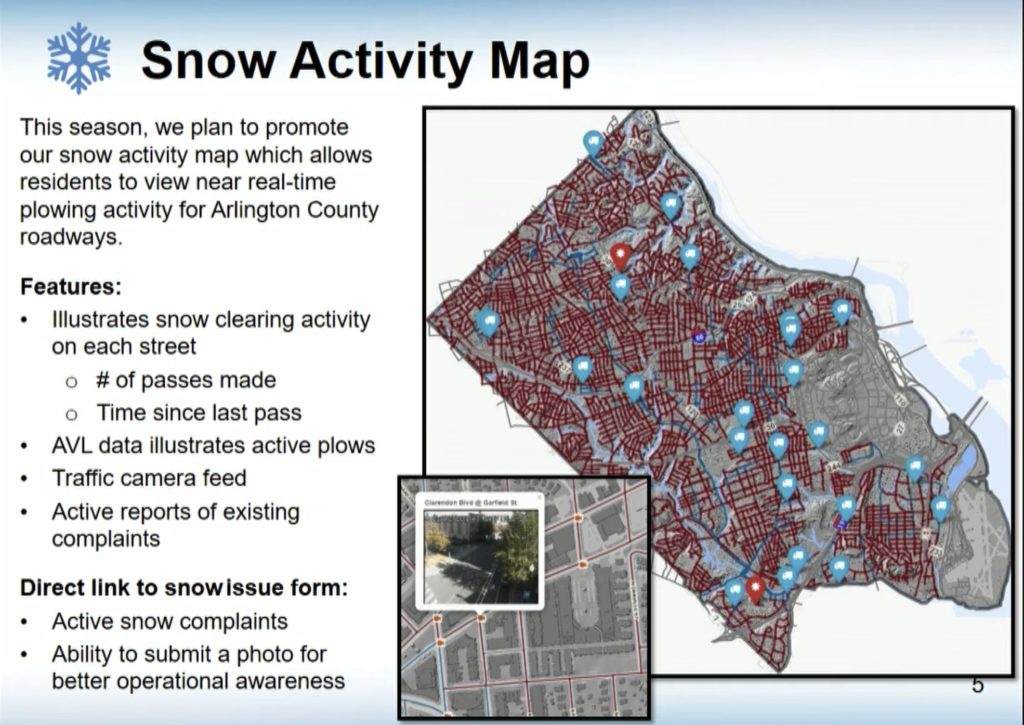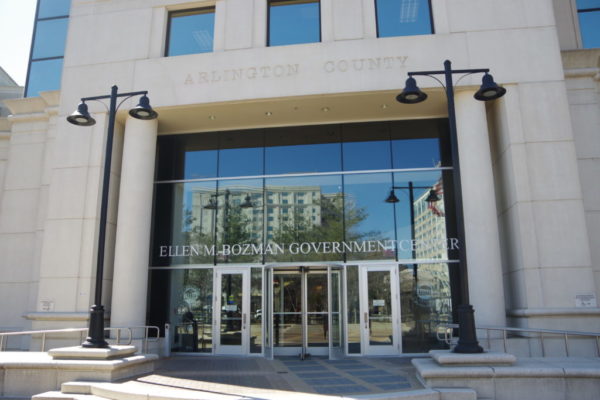Developer Pitches New Clarendon Apartment Building — “Orr Partners is pitching a new mixed-use building in Clarendon, seeking to redevelop a small property behind the neighborhood’s popular Silver Diner… the project will not include the redevelopment of the nearby The Lot beer garden or the Silver Diner, though rumors have long persisted that those have been targeted for changes.” [Washington Business Journal]
Most County Offices, Facilities Closed Today — “Arlington County Government offices, courts, libraries & facilities will be closed Tues. Dec. 24 – Weds., Dec. 25, 2019, for Christmas, as well as New Year’s Day on Jan. 1, 2020… Metered [parking] areas not enforced.” [Arlington County]
Story of a Neighborhood Christmas Tree — This year, the Williamsburg Traffic Circle Christmas tree is back, thanks to contributions from local merchants. [Washington Post]
What Local Papers Were Reporting on in 1957 — “The Arlington Council of Churches was deploring grocery stores open on Sundays. A teen advice column titled ‘Help Unpopular Girls When They Cling’ was published alongside a puzzling comic strip called ‘Scorchy Smith.’ Ads touted ‘Exciting new rambler and split-level’ homes for $14,250 and 1957 Ford sedans for $239.50.” [Falls Church News-Press]
Media Spotlight on Arlington Buttigieg Supporter — “In a recent email exchange with a wealthy prospective donor, a top fundraiser for Democratic presidential candidate Pete Buttigieg made an offer that was unusually blunt — even by modern pay-to-play standards. ‘If you want to get on the campaign’s radar now before he is flooded with donations after winning Iowa and New Hampshire, you can use the link below for donations,’ the fundraiser” wrote. [Axios]
UPS Driver Saves Christmas — “Darryl found my son’s phone and saved Xmas! He reminded my son to have faith in the many good people in the world.” [Twitter]














